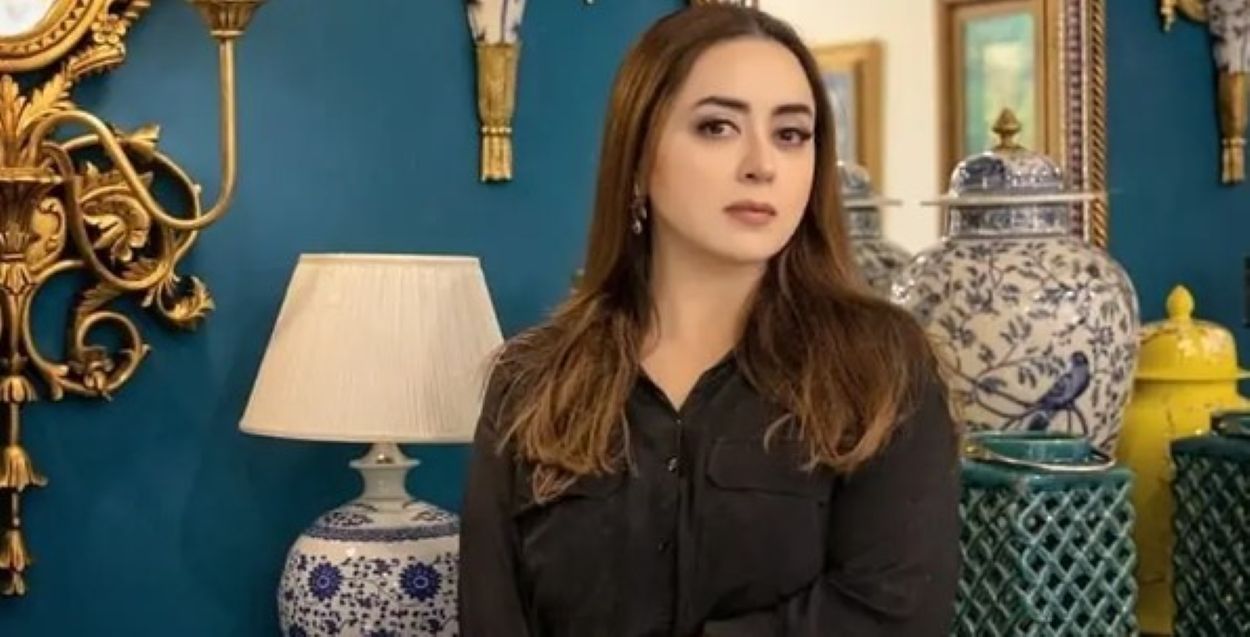Pakistani fashion designer Maria Butt, known as Maria B, formally responded to a defamation complaint filed by Saima Butt in August.
The complaint, lodged with the National Cyber Crime Investigation Agency (NCCIA), accuses Maria B of targeting the transgender community in social media posts. Her response defends her actions as free speech and denies any defamation.
Saima Butt’s complaint claims Maria B’s posts cast negative aspersions on transgender individuals. In her defence, submitted through lawyer Barrister Mian Ali Ashfaq, Maria B argues she exercised her constitutional right to free expression. She stated her opinions were “reasonable” and made in “good faith” for public interest, staying within legal limits.
NO YOU CANT SCARE ME…. I WILL ALWAYS SPEAK ABOUT ISLAM and defend the Islamic Family system Insha'Allah 🤲
I haven't received any official notice from a government department, making it premature to comment. A purported notice circulating on social media may be fabricated,… pic.twitter.com/liiftuOuHz
— Maria.B: Woman=Adult Human Female (@RealMariaButt) August 24, 2025Maria B’s response notes that her video showed only masked, indistinct figures, making it impossible to identify individuals. She claims the complaint has “malicious intent” to harass her. The NCCIA is reviewing her defence, and further legal steps will determine the case’s outcome.
Read: Maria B Claims 80% of Pakistani Fashion Industry Individuals Are Homosexual
The dispute stems from Maria B’s posts about a private party attended by transgender individuals, which she called “objectionable” and against societal values. This led to Lahore police arresting about 60 people, including transgender attendees, but a magistrate dismissed the case, finding no wrongdoing. Maria B has faced similar controversies, notably celebrating the 2022 ban of the film Joyland in Lahore, calling it a “shameful transgender satanic show.” Joyland was Pakistan’s 2023 Oscar submission.
Maria B’s case highlights tensions over free speech and transgender rights in Pakistan. Her defence frames her comments as part of public discourse, but the controversy raises questions about social media’s impact and legal boundaries. The outcome could influence how public figures address sensitive issues.






